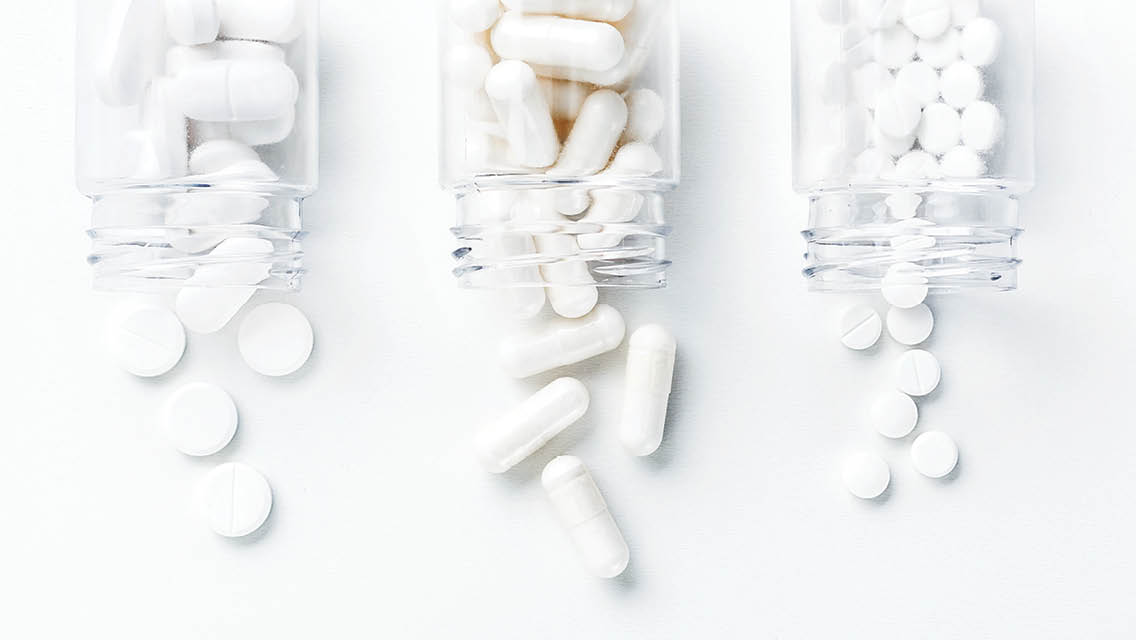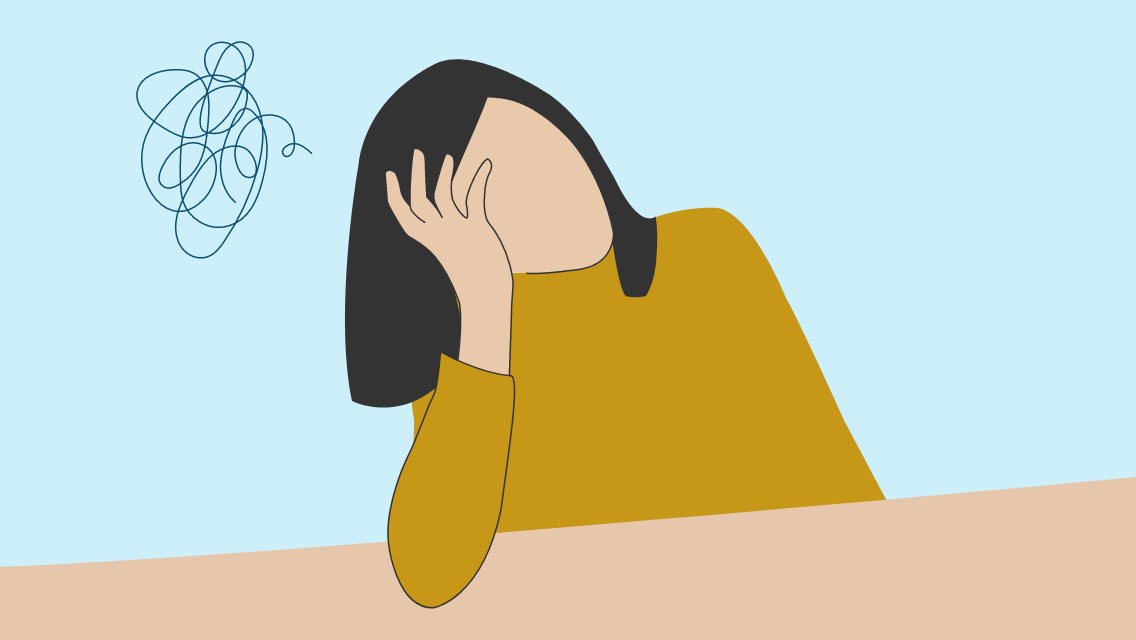The brain is a complex organ, but optimizing it to support improved mental health can be simple. Often it’s a matter of rebalancing the chemicals called neurotransmitters, and there are many ways to do this without pharmaceuticals.
In my practice, I use “nutraceuticals” as part of a synergistic approach to healing anxiety. A varied diet of fresh whole foods is the bedrock of balanced brain function; when this equilibrium is disturbed, however, nutritional supplements — especially amino acids, which contain building blocks for our neurotransmitters — can help.
Part of the brain’s elegant design involves a binary system in which one chemical activates a process and a partner chemical turns it off. A key pair is glutamate and GABA (gamma-aminobutyric acid), together they regulate more than 80 percent of brain activity. Glutamate hits the accelerator, while GABA applies the brakes.
In medical parlance, these are “excitatory” and “inhibitory.” When glutamate and GABA are in balance, they keep the brain humming along at just the right pace — not too fast, not too slow. When you feel anxious, it’s a sign the balance has been thrown off.
If your brain is in overdrive, it may be a signal that you have too much glutamate for your own good. In excess, it can morph from excitatory to “excitotoxic,” creating an inflammatory state in the brain.
Likewise, if GABA levels fall too low, the brain lacks enough inhibition to keep glutamate in check. Much like a car without brake fluid, it has lost the ability to slow things down.
To remedy this, you can either reduce the effects of glutamate, enhance the activity of GABA, or both. The following amino-acid supplements can help balance glutamate and GABA: NAC, inositol, and taurine. (Note: Consult with your healthcare provider before starting a supplement regimen.)
NAC (N-acetylcysteine)
A powerful antioxidant, NAC can help protect the liver from pollutants, chemicals, medications, and alcohol; improve respiratory health; and boost immune function. NAC is commonly administered in emergency rooms to treat acetaminophen overdoses.
NAC also protects the brain, thanks to its capacity to boost the body’s production of glutathione. Although glutamate and glutathione are cousins, they produce opposite effects. Excess glutamate heats up the brain, making us feel anxious, agitated, or unable to stop ruminating; glutathione, an antioxidant, helps cool the heat of inflammation, especially in the brain. Research has shown that NAC is particularly effective in treating agitated anxiety and can also be useful for treatment-resistant forms, such as obsessive-compulsive disorder (OCD) and compulsive gambling.
How to use: NAC typically comes in a 600 mg dose, taken once or twice daily. It may produce mild headaches or stomach upset, but it’s usually well tolerated, especially if taken with food.
Inositol
Good for classic forms of anxiety, inositol can help ease panic attacks and excessive worry. Its calming effects are partly due to its ability to increase serotonin levels, improve insulin sensitivity (offsetting “hangriness”), and regulate hormones that can affect mood.
Of these three amino acids, inositol is the most directly supportive of GABA, the brain’s brake for runaway glutamate. In addition to slowing down a racing brain, inositol also suppresses norepinephrine, the brain’s version of adrenaline.
Researchers have found inositol to be just as effective as a popular antidepressant for panic disorder.
How to use: Inositol is found in citrus fruit, beans, and whole grains, but it’s much more effective if taken as a supplement. An average dose is 1 to 2 grams per day, though studies have shown that doses of up to 18 grams can be well tolerated. Side effects are typically mild. One report suggested inositol may worsen the symptoms of bipolar disorder, so I don’t recommend it for those diagnosed with this condition.
Taurine
The generalist of amino acids, taurine can help balance all types of anxiety. Like NAC, taurine helps tone down glutamate, and like inositol, it supports GABA.
Its calming effects are so pronounced that some energy-drink manufacturers add it into their formulas to counter the effects of the caffeine and other stimulants. I often recommend taurine when I see someone struggling with mood instability as well as anxiety.
How to use: Taurine is usually taken in doses of 500 mg one to three times daily. It can cause slight drowsiness, so consider taking it at bedtime. It can also reduce blood pressure, so use with caution if you’re prone to hypotension or lightheadedness.
Learn More
Looking to enhance the mental health of a loved one — or yourself?
We’ve curated a range of articles to help you support your mental health needs here.
This article originally appeared as “Amino Acids for Anxiety” in the July/August 2021 issue of Experience Life.





This Post Has 3 Comments
What brand do reccomed
[…] fact, studies have found these amino acids to be effective, especially during anxiety. For example, inositol regulates insulin in your body and reduces […]
Thank you for this information. I am trying to fight anxiety and have been on several SSRIs, but I like the idea of treating it naturally. I appreciate your taking the time to share your knowledge. I am ok, but searching. Thanks again. —Karen